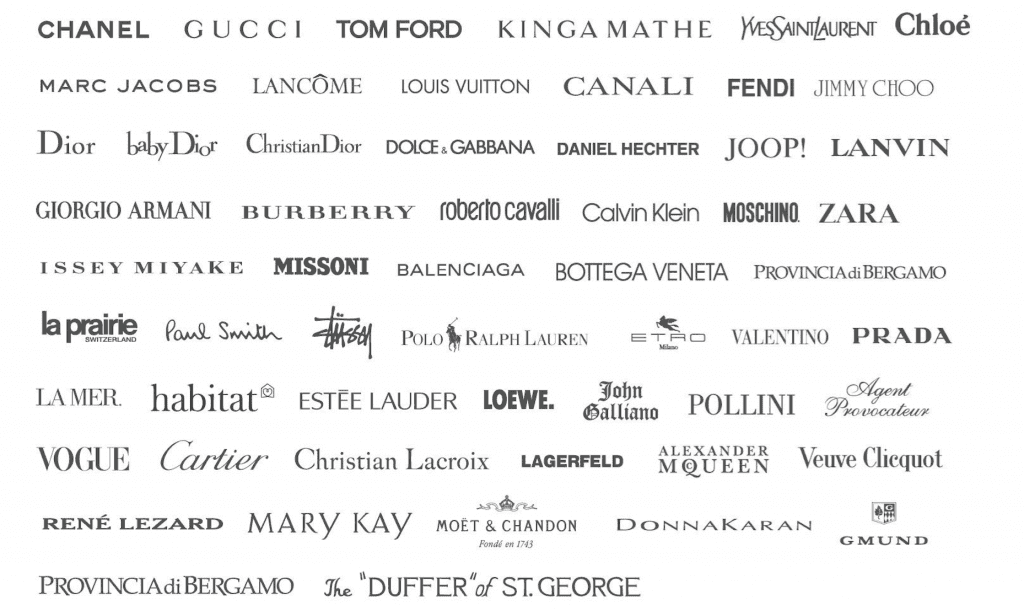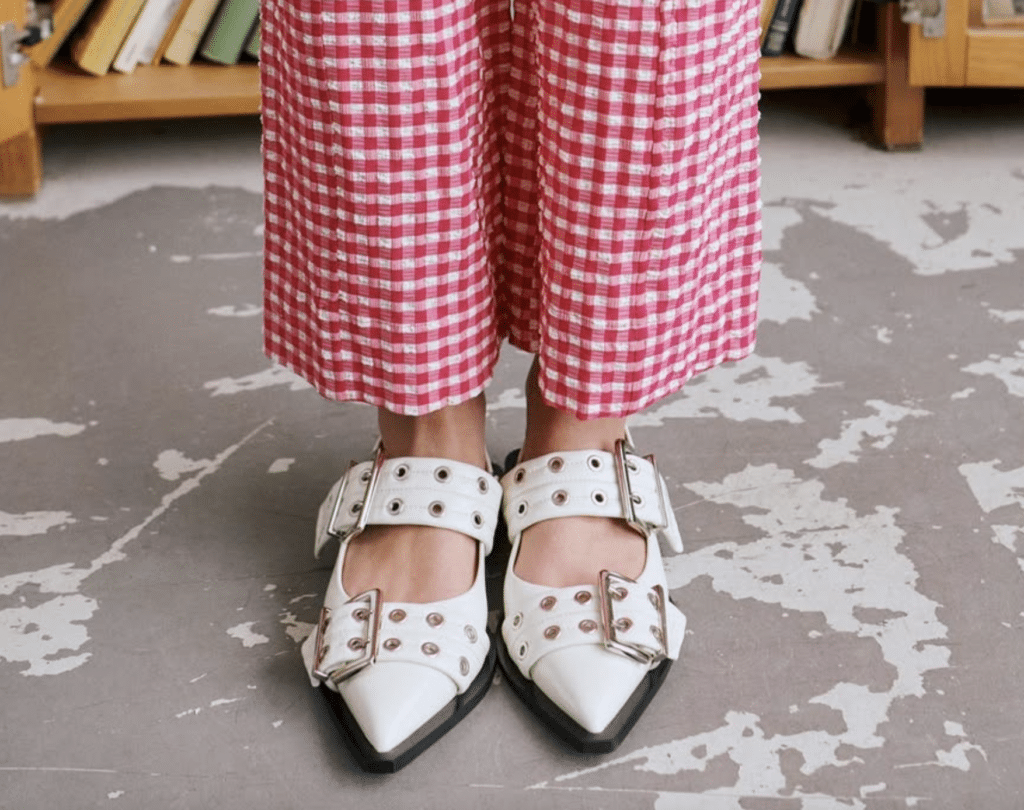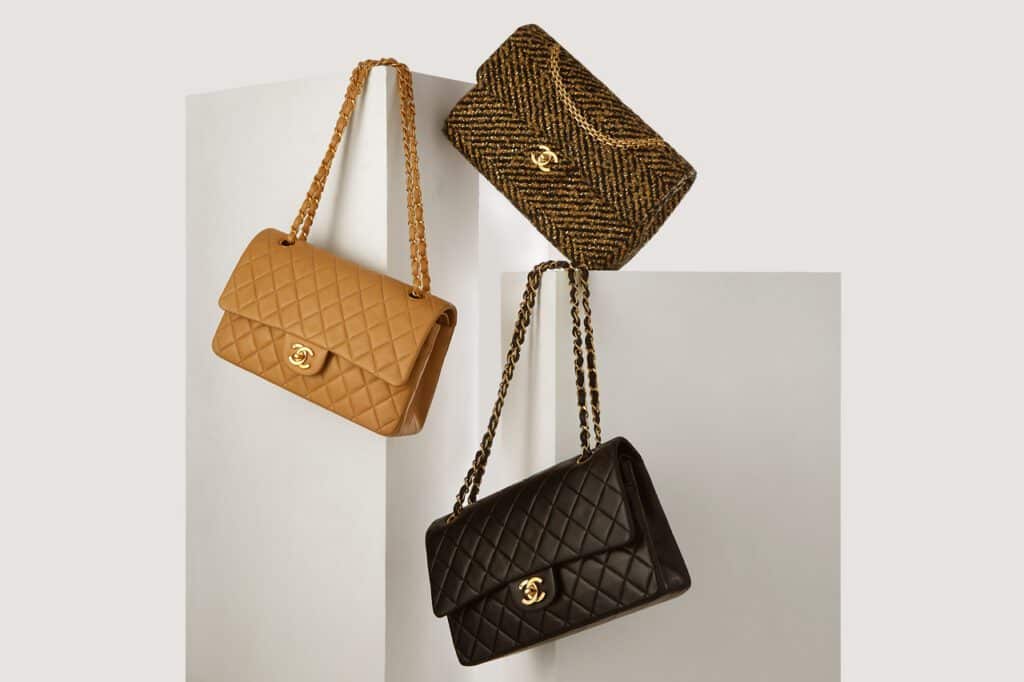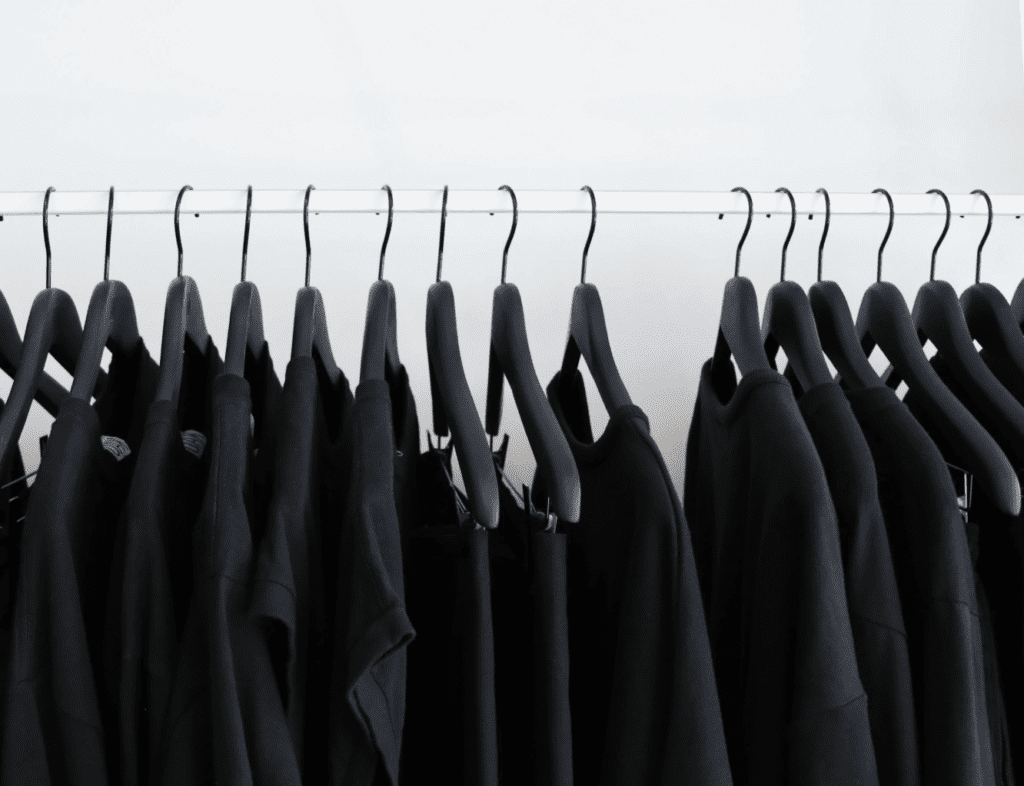It is a common misconception among fashion industry folks and non-fashion industry folks, alike, that an individual is legally entitled to use his/her names in a commercial capacity (i.e., as a brand name) no matter what … because, well, it is his/her name. That is not necessarily true. It follows from this that the same individual is also entitled to legal – aka trademark – protection for that name, and thus, the right to prevent others from infringing upon that mark by way of confusingly similar variations. Again, not necessarily true.
Still yet, it is a similarly common belief that launching an eponymous label is often a good idea and/or a smart business endeavor because it has worked for some of the biggest and most esteemed names in fashion. Gucci, for instance, is the last name of the famed Italian brand’s late founder Guccio Gucci. Louis Vuitton is both the name of the most valuable luxury goods brand in the word, as well as the personal name of the man who founded it in 1854. The same holds true for Gianni Versace, Giorgio Armani, Marc Jacobs, Roberto Cavalli, Yves Saint Laurent, Christian Dior, Calvin Klein, Ralph Lauren, and Alexander McQueen, among a long list of others.
Given the enduring success of so many of the brands’ that are named after their founders, it is easy to forgive new designers for thinking that their own name is the most optimal one to put on their brand. However, when put into practice, the eponymous label often leads to legal issues, and in at least a few cases, serves more as an example of what not to do than a roadmap for success.
So, what are some of the most common barriers to using your own name in connection with a commercial brand and what – exactly – are the issues at play when it comes to such a move? Here are a couple …
One of the most common and immediate barriers that individuals experience in connection with their desire to use their names as brand names is that their names are already in use. If someone else is already using your name – or a “confusingly” similar name – in the same market (or more accurately, on similar classes of goods and/or services), there is a chance that you will be prevented from your name yourself either from the outset or later on down the line. While this often proves a frustrating principle for creatives, it is good law in the U.S., nonetheless, where trademark law governs such matters and awards rights to the first party to make use of a mark in commerce.
As it was clearly demonstrated not too long ago in the Chanel v. Chanel’s Salon case, in which the Paris-based design house was successful in forcing Indiana-based Chanel Jones to cease use of the word “Chanel” in connection with her small business, an individual does not have an unfettered right to use his/her personal name for commercial purposes. Limits are not placed on his/her ability to use it in non-commercial contexts (i.e., in just about everything that is not in furtherance of a business venture). However, trademark rules come into play when a name is used on goods and/or in connection with services.
There have been a number of other cases on this issue in recent the years involving well-known trademarks, no shortage of which were fashion related. The most recent of which is the ongoing battle waged against New York-based menswear brand Thaddeus O’Neil by the older, bigger and somewhat similarly named O’Neill surf brand. The two brands have been going back and forth before the U.S. Patent and Trademark Office’s Trademark Trial and Appeal Board ever since O’Neill opposed Thaddeus O’Neil’s trademark application early this year.
Southern California-based O’Neill argued that Thaddeus O’Neil’s pending trademark application for THADDEUS O’NEIL “is likely to cause confusion with [O’Neil’s own] registered marks.” The surf brand has also alleged that it “believes it will be damaged by registration of the [THADDEUS O’NEIL] mark,” especially given the surf-inspired nature of O’Neil’s own brand. And it has vowed to fight for its trademark rights, a battle that could prove not only lengthy but also particularly costly.
Another one of the key considerations in terms of launching an eponymous label involves the long-term repercussions of a designer using his/her own name, particularly if there is even a possibility that he/she will sell the brand at some point. Should an individual sell of his/her brand, and thus, the intellectual property rights associated with it, he/she very well may be prevented from using that name – i.e., his/her own name – in relation to any future business ventures if they are in the same – or a similar – field the company that he/she previously branded with their own name.
One of the most famous cases in this area involved designer Joseph Abboud. In 1987, Abboud launched his label and thirteen years later, in 2000, sold all of his rights in and to the brand to JA Apparel for $65.5 million. Specifically, JA Apparel acquired the right to the “names, trademarks, trade names, services marks, logos, insignias and designations” associated with the brand. As part of the deal, Abboud also let go of “all rights to use and apply for the registration of new trade names, trademarks, service marks, logos, insignias and designations containing the words ‘Joseph Abboud,’ ‘designed by Joseph Abboud,’ ‘by Joseph Abboud,’ ‘JOE’ or ‘JA,’ or anything similar to or derivative thereof, either alone or in conjunction with other words or symbols.”
Abboud was subsequently shut down less than a decade later, when a court prevented from using his name in connection with a separate clothing line, citing the language of his deal with JA Apparel. The court was not swayed by the fact that Abboud simply wanted to make commercial use of his own name.
Kate Spade has something of a similar tale, albeit without the messy legal battle. Following the sale of her eponymous label to Liz Claiborne, Spade, herself, was forced to rebrand if she wanted to create a new label – and she did just that. In November 2015, she announced that with the help of her husband Andy Spade and Elyce Arons – the three of whom cofounded Kate Spade together in 1993 – she would launch a new footwear and handbag label, Frances Valentine. Spade ultimately took it a step further, and legally changed her personal name to Frances Valentine, as well, in order to completely distinguish herself from the Kate Spade brand – and ideally, avoid any potential legal fallout later on down the road.
These are just a couple of the potential hurdles and pitfalls that could arise when you opt to use your personal name in business, which strongly suggest that it is worth thinking long and hard about whether an eponymous label really is the move for you.











